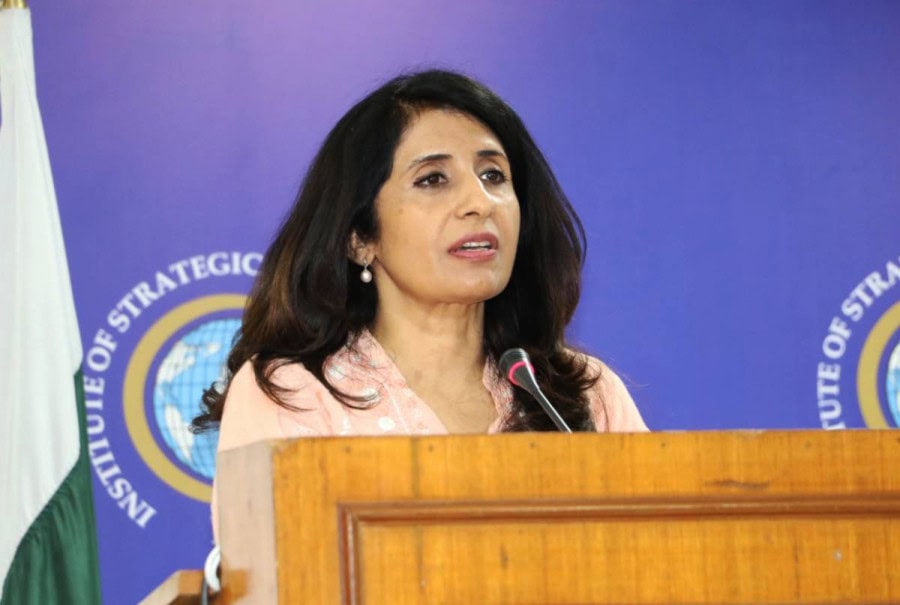The Foreign Office of Pakistan on Wednesday stated that the news of Indian involvement in an extra-judicial killing in Canada had shown that the country’s network of extra-territorial killings had now gone global.
During the weekly press briefing, Foreign Office spokesperson Mumtaz Zahra Baloch emphasised that India’s act of assassinating a Canadian citizen on Canadian soil constitutes a blatant violation of international laws and the UN principle of state sovereignty.
The spokesperson’s statement came in response to a question about Canadian Prime Minister Justin Trudeau’s claim of possessing “credible evidence” linking the Indian government to the murder of Sikh leader Hardeep Singh Nijjar.
Hardeep Singh Nijjar, aged 45, was fatally shot by two masked assailants in the busy parking area of the Guru Nanak Sikh Gurdwara in British Columbia, a province in Canada.
The spokesperson strongly condemned this incident as a “reckless and irresponsible act,” raising doubts about India’s credibility as a responsible international partner and its aspirations for increased global responsibilities.
Regarding India’s historical record, Mumtaz Baloch noted that the Indian intelligence agency, Research and Analysis Wing, had been actively involved in abductions and assassinations in South Asia for decades.
The spokesperson pointed out that Pakistan had consistently been a target of targeted killings and espionage orchestrated by RAW. She recalled that in December 2022, Pakistan had presented a comprehensive dossier containing concrete and indisputable evidence of Indian involvement in the June 2021 Lahore attack, stating that “the attack was planned and executed by Indian intelligence.”
Mumtaz Baloch also mentioned that in 2016, a senior Indian military officer, Commander Kulbhushan Yadhav, had confessed to his role in directing, financing, and executing acts of terrorism and sabotage in Pakistan.
Addressing India’s accusations against Pakistan in the Anantnag encounter, the spokesperson asserted that Pakistan had consistently maintained that India had a habit of implicating Pakistan in incidents that occurred under its supervision, particularly in the Indian-Illegally Occupied Jammu and Kashmir.
In reply to queries about diplomatic engagements between Pakistan and India at various levels, Baloch noted that the primary channel of communication had reduced to the level of charge d’affaires, with the possibility of communication at the Director General Military Operations level if functional.










